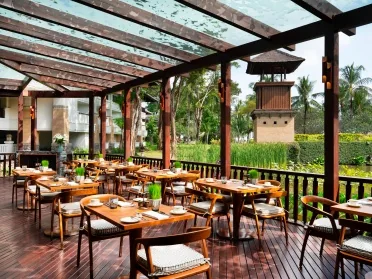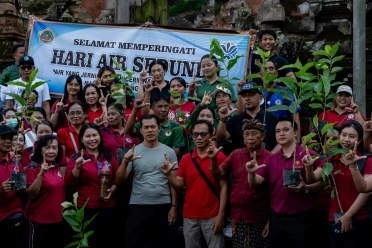In the heart of Bali’s vibrant traditions, a unique cultural philosophy has withstood the test of time - Tri Hita Karana. This ancient concept is still applied and serves as a guiding light for the Balinese people; illuminating a path towards balance, unity, and a harmonious coexistence with the natural and spiritual realms.
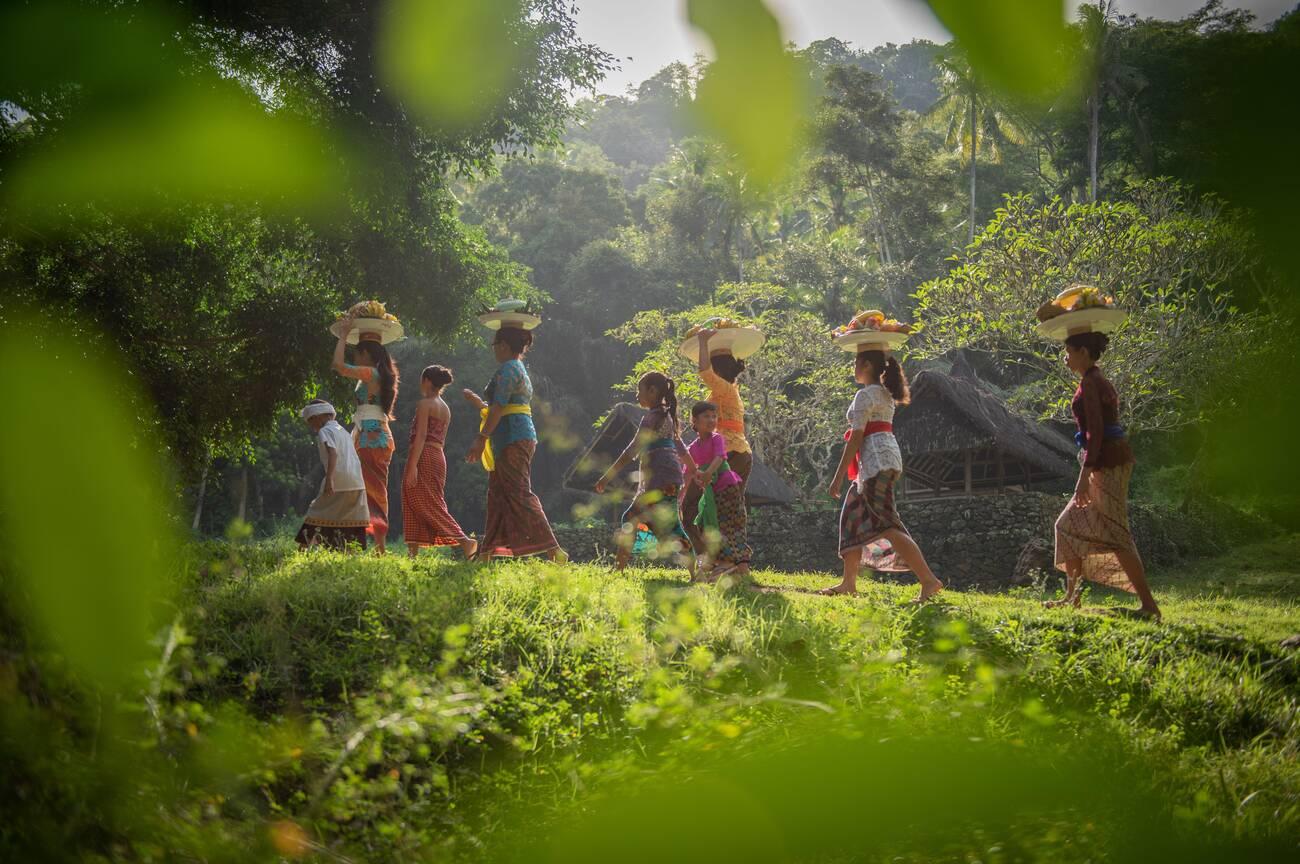
Tri Hita Karana: Navigating Harmony in Balinese Life
The Origins of Tri Hita Karana
To truly understand the essence of Tri Hita Karana, one must delve into its origins, which can be traced back to the ancient Sanskrit epics that influenced Hindu-Buddhist culture in Southeast Asia. "Tri Hita Karana" translates to "Three Causes of Well-Being," and it encapsulates the idea that the well-being of an individual is interconnected with three realms: the divine, the human, and the natural.
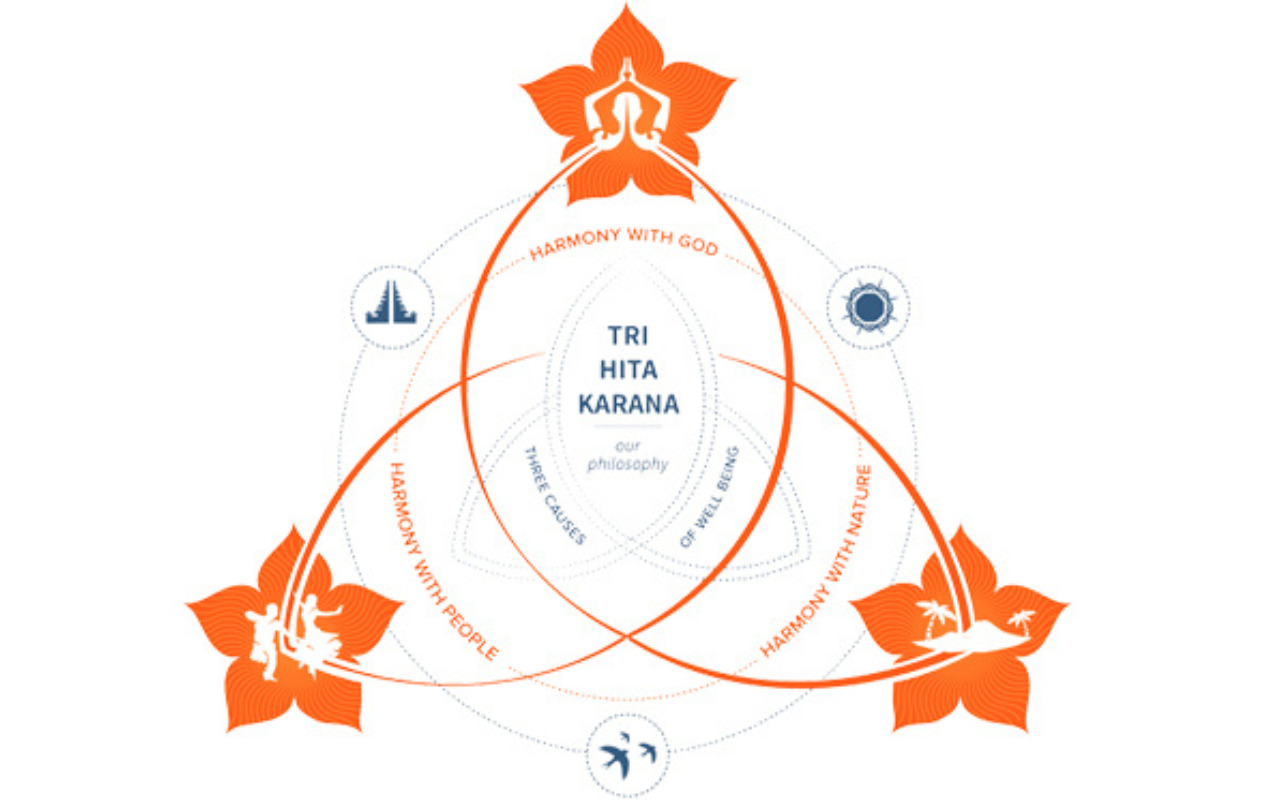
Rooted in ancient scriptures, this philosophy found fertile ground in Bali, where it seamlessly blended with the indigenous Balinese spiritual beliefs. Over the centuries, Tri Hita Karana evolved into a profound way of life, shaping the island's cultural landscape and fostering a deep sense of community.
The Facet of Balinese Life: Tri Hita Karana in Practice
Balinese culture is a tapestry woven with threads of spirituality, artistry, and communal ties, all intricately bound by the philosophy of Tri Hita Karana. At its core, this philosophy emphasizes the importance of maintaining harmony and equilibrium in all aspects of life.
1. Harmony with the Divine (Parahyangan)
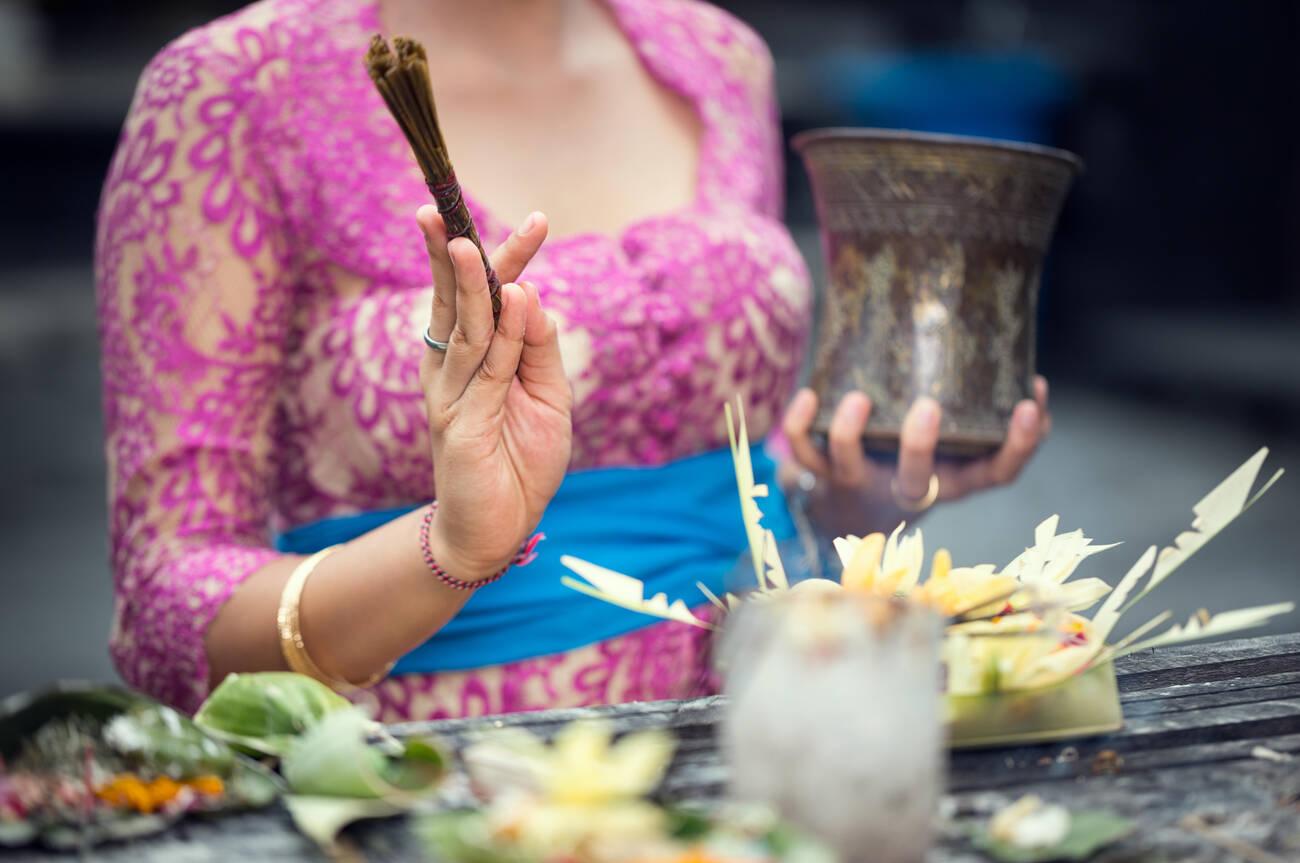
The spiritual dimension of Tri Hita Karana centers around maintaining a harmonious relationship with the divine. Balinese Hinduism, infused with animist beliefs, places great importance on rituals and ceremonies as a means of connecting with the gods and honoring ancestral spirits. Temples, intricately adorned with ornate carvings, stand as a testament to the island's commitment to spiritual unity.
2. Harmony with Nature (Palemahan)
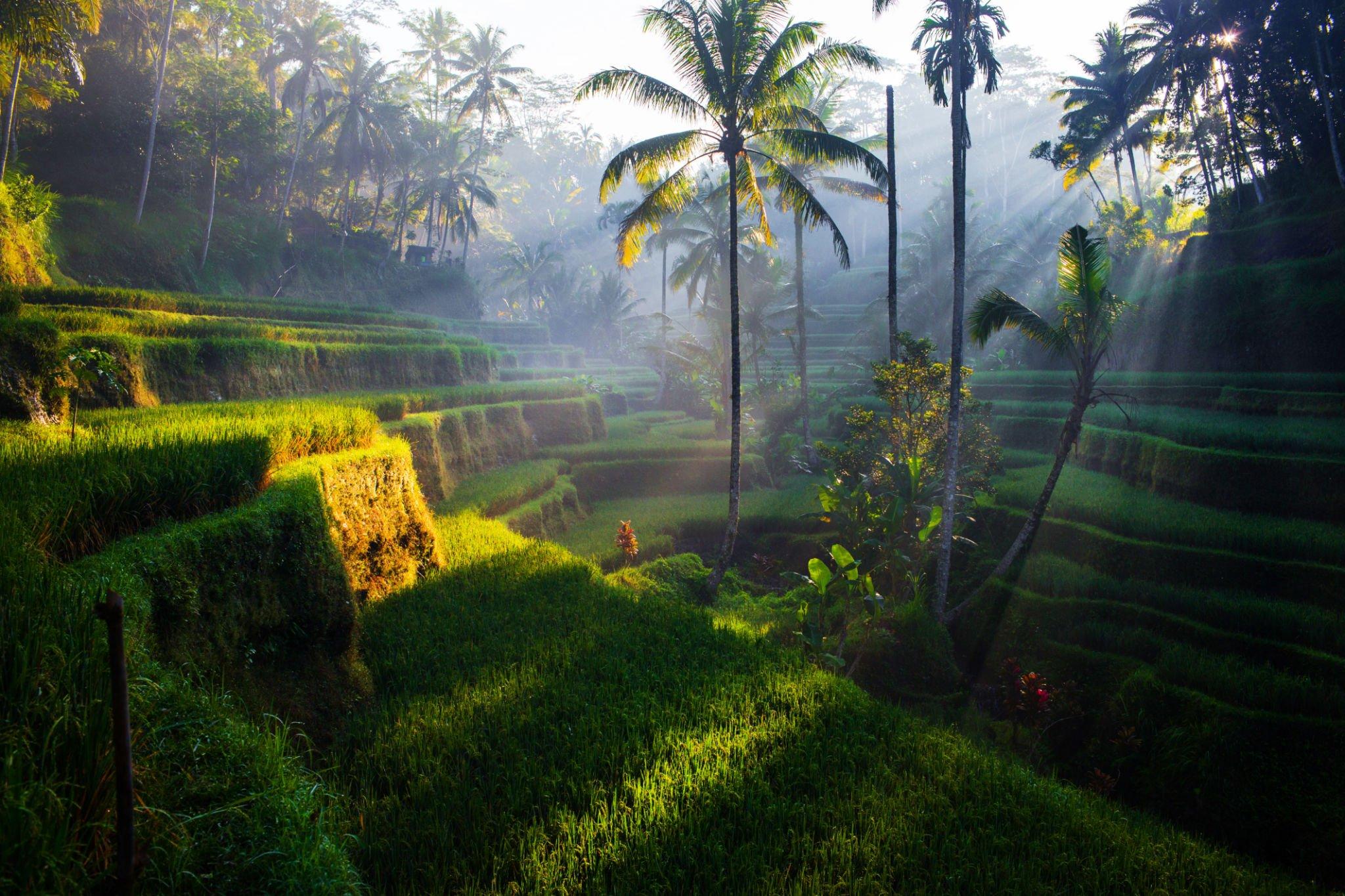
Bali's breathtaking landscapes are not merely a backdrop but an integral part of the Balinese way of life. Tri Hita Karana emphasizes a symbiotic relationship with the environment, encouraging sustainable practices and a profound respect for the natural world. The iconic subak system, an ancient irrigation network dating back to the 9th century, reflects this deep connection by ensuring a balanced distribution of water for the island's lush rice terraces.
3. Harmony Among Humans (Pawongan)
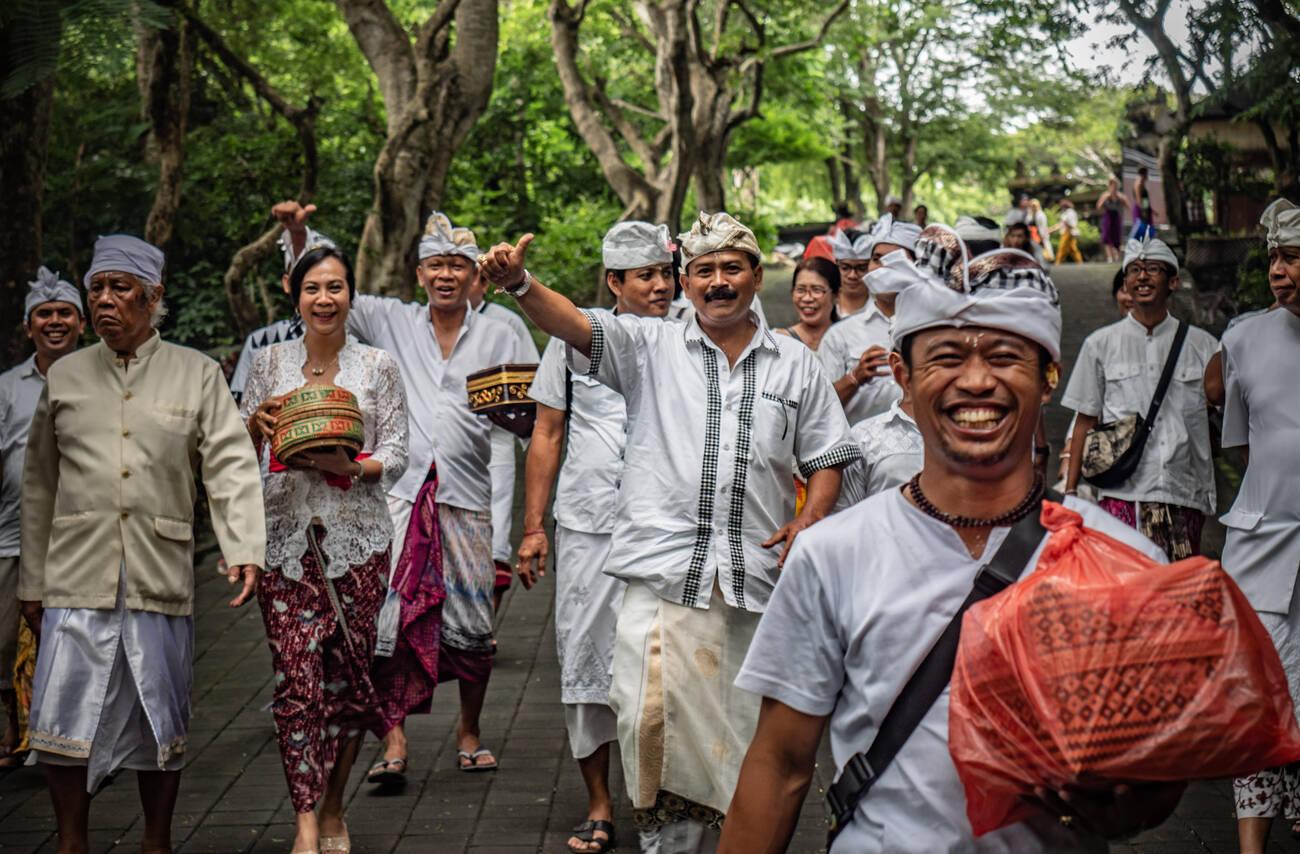
Community and social bonds lie at the heart of Tri Hita Karana. Balinese society places a strong emphasis on collective well-being, and this is evident in the tight-knit villages where ceremonies, festivals, and communal work efforts foster a sense of unity. Indonesia's "gotong royong" spirit, meaning mutual cooperation, is a living testament to the philosophy in action.
Tri Hita Karana Today: A Living Tradition
As the modern world encroaches upon Bali, the island grapples with the challenges of maintaining its cultural identity. However, Tri Hita Karana remains a guiding force, adapting to the changing times while preserving its core principles.
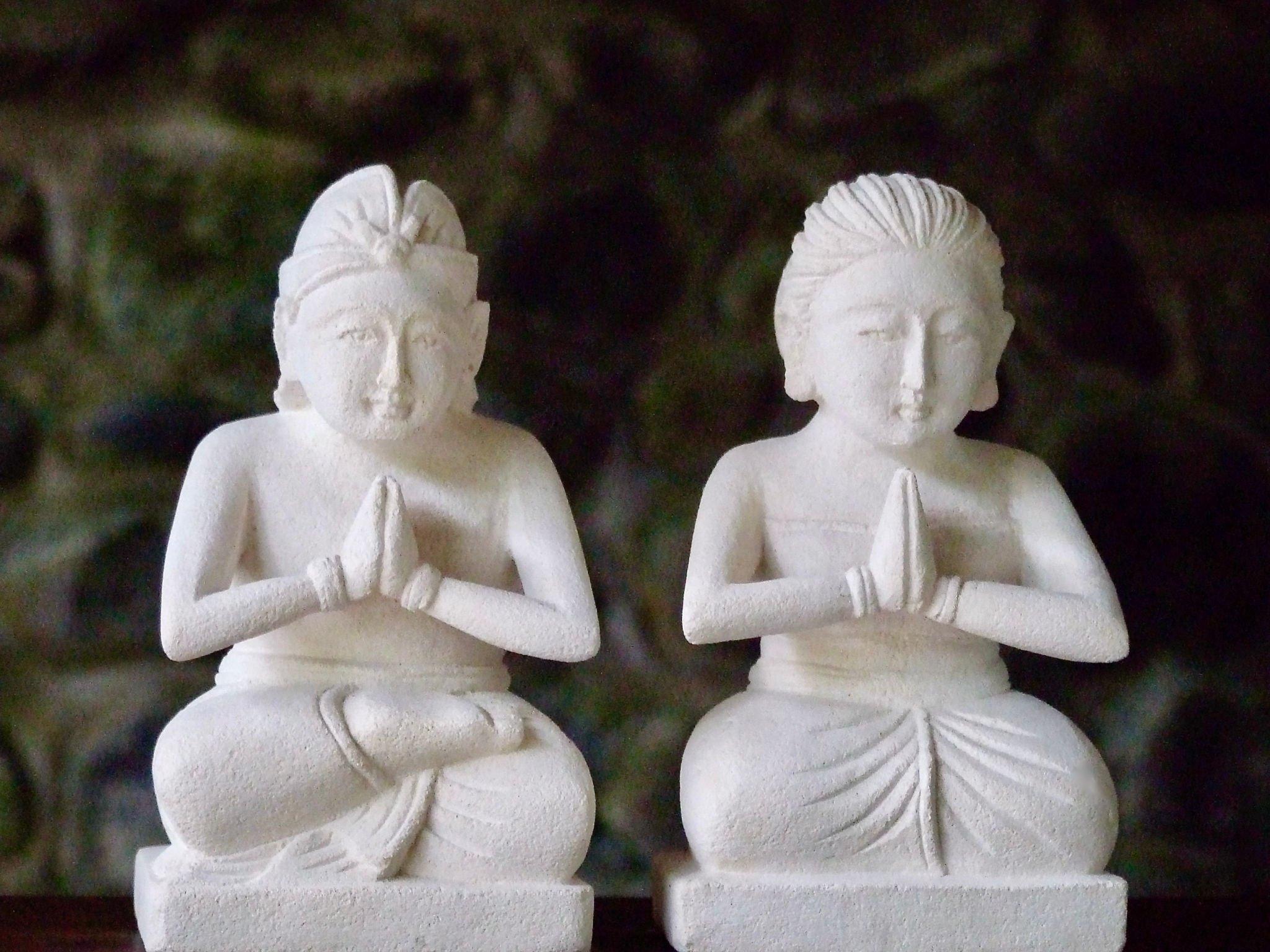
In the face of tourism and globalization, the Balinese people have managed to integrate these external influences into their way of life without compromising their cultural integrity. Sustainable tourism initiatives, eco-friendly practices, and a commitment to preserving traditional arts and crafts showcase the island's determination to uphold the essence of Tri Hita Karana.
In essence, Tri Hita Karana serves as a timeless compass, navigating the Balinese people through the complexities of the modern world while remaining firmly rooted in their rich cultural heritage. It stands as a testament to the enduring power of ancient philosophies to shape and enrich contemporary lives, providing a blueprint for a harmonious existence in an ever-changing world.




 Billy Bagus
Billy Bagus
 Nov 24, 2023
Nov 24, 2023


